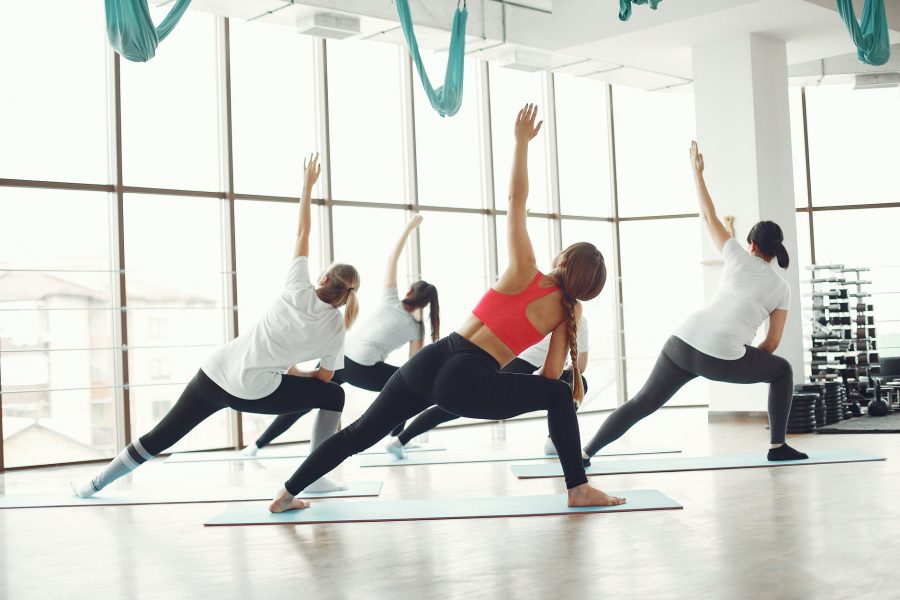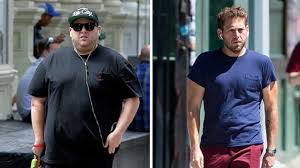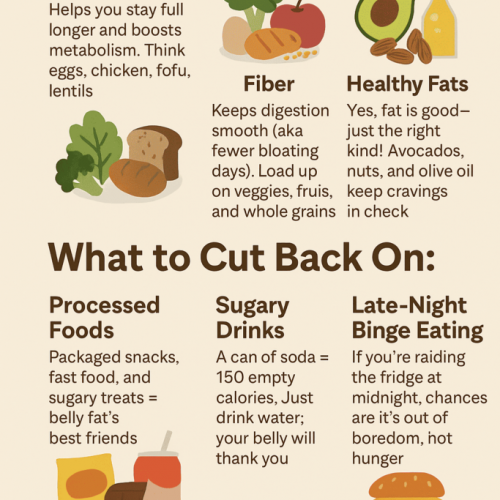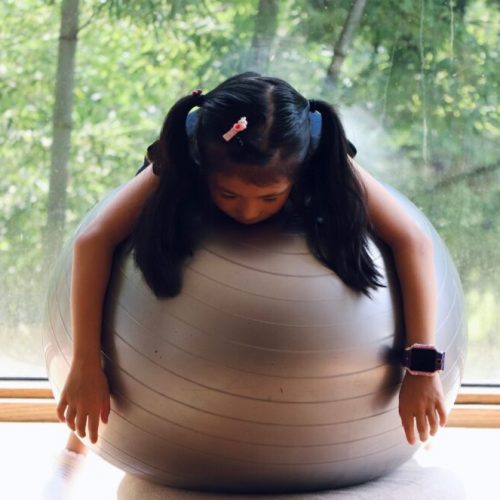Chang is a GP, lifestyle medicine physician and yoga teacher. Her journeys in both medicine and yoga inform the other, believing we nurture health through dedicated attention to our many layers – physical, mental, emotional, social and spiritual. We caught up with Dr Chang to learn more about her Yoga and Wellbeing journey and why Yoga in Healthcare is so important to her.
What time does your day start?
I wake up around 6 am and usually get going around 8 am. The early quiet hours of the morning are the sweetest. If I start the morning with a yoga practice I always feel better during the day.
Tell us a bit about you and your background?
I’ve been practising yoga regularly for about 12 years. I found an Iyengar yoga teacher at my local gym and she was the one who got me started on my journey. I did my foundational teacher training in 2017 at Triyoga London, led by the most incredible teachers, Anna Ashby and Tony Watson. I did the training to engage with yoga more deeply and I didn’t know if I would necessarily teach afterwards, but I did and here we are.
I also work as an NHS GP in London. So I’d describe myself as a part-time yoga teacher and part-time GP. Yoga has kept me well and optimistic whilst working as a doctor; over time I’ve seen how both fields are very complementary to each other.
What is a typical day like for you?
It depends. GP days are full-on, all day. I just get my head down and keep going until the day is over. It’s a come-in-early and get-home-late kind of day to get through the workload. I teach yoga around my GP days, but try not to teach too many classes to get the old work/life balance right.
Whether it’s teaching or doctoring, the surrounding preparation, self-reflection and professional development requires a lot of time and effort. So to do both I’m often guilty of making life all about work or yoga. I’m better than I used to be – I used to pack too much into one day thinking I could and should do it all, but I’ve got better at saying no and spending more time doing very little.

Tell us about your yoga/wellbeing journey?
As a child, I was sedentary, overweight and hated sports. I was a fussy eater and had terrible back pain as a teenager. My university and junior doctor years were filled with bad food, too much alcohol and crazy working hours. Any exercise I did was more out of a self-inflicted obligation to lose weight and punish myself than for pleasure.
Finding yoga helped me build a positive relationship with exercise and movement for the first time. Gradually, I started to care less about how I looked and more about looking after my body and keeping it strong and healthy. I credit regular practice as the driving force behind better decisions to achieve balance in so many areas of my life: what I eat, how much I sleep, with whom and what I spend my time doing – I very naturally began revisiting all my priorities. When you begin that shift you realise you can’t go back, so it continues!
Yoga has also influenced how I practice Medicine and my career choices – I always thought that GP training taught me how to practice holistically, but I think years of practicing yoga has honestly done more to change my approach to my patients. Through my own experiences I am passionate about lifestyle medicine and advocating this in everyday healthcare.
I hate to run with a cliché, but in lots of ways yoga really has – changed my life.
Where would be your dream place to lay down your mat?
Anywhere near a body of water. If I could transport myself there right now, it would be at my parent’s house in Suncheon (a southern town in South Korea) facing a big window overlooking a lake with the sun beaming through the glass. It’s warm inside but I can smell the garden outside.
Who or what inspires you on a daily basis and do you have a mantra or quote do you live by
I admire people who are disciplined, brave and couldn’t care less what others think of them, probably because I struggle with these things myself. But for me, there’s no single person; I mean it genuinely when I say every day someone different can inspire me. Whether it’s a stranger or an old friend, everyone has their unique gifts – kindness, patience, humour or a broad smile and that inspires me to cultivate those qualities too.
The quote which I try to live by and have pinned on my wall is: ‘In the state of love, everything you do will be good’, Paramahansa Yogananda
What is your most memorable yoga moment?
It’s not necessarily a positive moment but the one that springs to mind is when I got into a headstand in a particular class. I wasn’t strong enough to do a long hold but did it anyway – my right shoulder gave way very suddenly and I had awful neck pain for about 2 years. It seeded an aversion for headstands for ages and I still struggle with holding long inversions. It taught me a good lesson though – to be present and work where I am for that moment. This doesn’t mean I shy away from challenging things, but it taught me to keep my ego in check.
What is most important to you in terms of your yoga offering?
That people feel warmly welcomed; I hope that students can feel (even online) that my arms are wide open. But I also love to offer a challenge in some way. What I’ve appreciated so much from my own teachers is that they’ve helped me to shift something in myself, whether a certain muscular or energetic action in the body or to bring awareness to my habits, thoughts and tendencies. I don’t want my teaching to be so automated that someone can switch off, go through the motions or simply get a work out. I’d love people to safely explore the boundary of their comfort zone because working at that edge can give rise to new learning and insight.
What is the best part about being a yoga teacher?
Seeing the softness in someone’s eyes and shoulders when they come up from Savasana gives instant gratification. Beyond that moment, seeing someone embrace yoga and practice regularly is so rewarding. I also love the feeling of being part of a great movement of people who love yoga, see its value in the modern world and want to share that – our brilliant yoga community.
What is the worst part about being a yoga teacher?
Marketing yourself. You know that what you are sharing has value and you should expect to be paid for the service you provide, but trying to ‘sell’ it to others feels awkward and easily the bit I enjoy the least. I’m lucky not to rely on teaching yoga alone to make a living but I don’t like the fact that many teachers get paid so little and find it difficult to survive whilst working very hard indeed.
What podcasts or books would you recommend?
So many, but 3 books that come to mind today are:
The Body Keeps The Score by Bessel Van Der Kolk is excellent and important – I feel this book is worth reading for anyone with a brain and a body, i.e. everybody!
This is Going to Hurt by Adam Kay has been adapted for TV recently, and reminded me that I enjoyed the book. It’s like a weird love letter to the NHS – equal parts comedy and tragedy – but I could relate to it all so much. It gives an unedited sense of the overworked, undervalued environment doctors have to endure in the NHS and is relevant now more than ever.
Spark Joy by Marie Kondo. Bit of an odd one, but I think the topic does relates to wellbeing because it encourages a reevaluation of your material possessions.
A few yoga books I’ve enjoyed: Yoga FAQ by Richard Rosen, The Great Work of Your Life by Stephen Cope, Meditation for the Love of It by Sally Kempton. Health/Wellbeing books: Feel Great, Lose Weight by Dr Rangan Chatterjee (p.s. this is not a diet book, which is why I like it), Why We Sleep by Matthew Walker, Notes on a Nervous Planet by Matt Haig.
I’d also love to recommend a Youtube channel: Afternoonteawithdocs by Dr Linda Mizun and Dr Erica Lin, two colleagues who do a great job promoting Lifestyle Medicine approaches to health.
What change would you like to see in the healthcare system/yoga industry?
Much greater emphasis on public health and prevention. If we know prevention is better than cure why do we find it so hard to invest individually and as a society in prevention, as much as we do at the sharp end of health? We spend huge resources in treating preventable diseases – diabetes, cardiovascular disease, obesity, even some cancers.
What people often don’t realise is that it isn’t their fault when they eat poorly, don’t exercise, smoke and spend too much time at desks. Our systems, environments, inequalities and culture all impact the decisions we make for our health. It’s easier to prescribe a pill and blame individuals for keeping bad lifestyles than to address the wider picture (the wider or social determinants of health). Making the healthy way the easy way for everybody must be the path to meaningful change, and requires enlightened leadership.
What’s also important is that we need to give people the opportunity to be empowered in their own health journey. The beauty of yoga is that it cultivates a self-awareness that nudges us towards a stance of self-care (as well as care for others) that is profound and transformative in a sustainable way. So the integration of yoga into mainstream healthcare in some manner would be another big one for my future hopes for the health industry.
Share your yoga offering, classes, workshops, books, etc
I have 2 online classes currently open to all:
Open Hatha Yoga, Saturday mornings with Yogamatters and Restorative Yoga, Wednesday evenings. I find it so interesting that people are resistant to resting and slowing down – so many of us feel as though we must be doing something all the time. Restorative yoga is kind of the antithesis to this – learning how just to be.
I’m also excited to offer the amazing Yoga4Health 10 week program with YIHA (Yoga in Healthcare Alliance) for NHS patients – coming soon.
What would be your advice to someone just embarking on their well-being journey
Start with one small thing. The road to good health starts with one step. If you are stuck, start with something that feels manageable that you’re confident you could easily stick to- maybe sleeping 15 minutes earlier, walking instead of driving on a short journey, reciting a mantra to be kind to yourself each morning. One small change organically leads to another – a ripple becomes a wave that can set you in the right direction.



